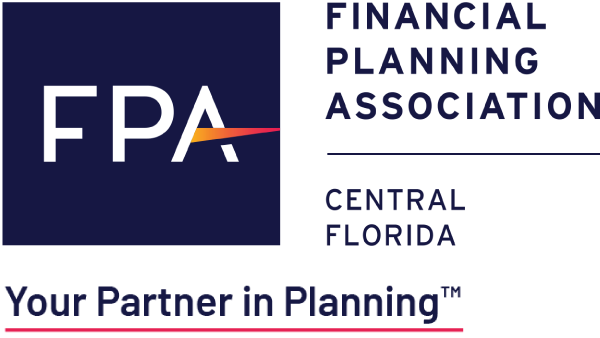
The Power of Financial Planning, Part Four

In the world of financial planning, where it can be difficult to discern one financial adviser from the next amid a myriad of professional designations, specializations and marketing claims, experience can be a true differentiator.
It’s true that in assessing the value a financial professional provides to a client, generally it’s more about the quality of the results and service that professional provides than it is about the quantity of time that professional has worked in the business. Still, professional experience can be an important factor in the quality of results and service a financial professional is able to deliver, and therefore an important factor for people to weigh when it comes time to choose the adviser with whom to entrust their assets and their financial planning needs.
Here are a few factors on which to assess a financial professional’s experience and track record:
Breadth and depth of experience in the financial services/planning business: When it comes to evaluating a financial professional’s overall capabilities, it’s important to consider that person’s depth and breadth of experience in the financial service field. How long have they been in the business? “Experience helps a financial professional ask the right questions when they’re working with a person,” explains Financial Planning Association® (FPA®) member Scott A. Bishop, a CERTIFIED FINANCIAL PLANNER™ (CFP®) professional with STA Wealth Management in Houston, Texas. A longer time in the business could mean an adviser has more first-hand familiarity handling specific financial issues and situations.
Performance track record: Performance and results matter in the financial services business. A financial professional should be willing and able to document and share the results they have delivered on behalf of their clients, not only in terms of investment performance/returns but in asset-protection, tax minimization and other key metrics.
Specific training and educational background: When you see an acronym behind an adviser’s name in their online bio or on their business card, that typically implies the adviser possesses a certain type of professional education experience and a certain level of training within a specific financial services area or niche. To earn a CFP® designation, for example, an adviser must complete a series of courses offered through the College of Financial Planning, then pass an exam. They also must earn continuing education credits to maintain their CFP® designation.
In evaluating an adviser’s professional education and training, it’s important to be aware that certain financial professionals are obligated, by law and/or under the terms of their particular professional designation, to always put the best interests of their client above their own business interests and those of their firm or the company (or companies) whose products and services they represent. These advisers must adhere to what’s called a fiduciary standard. The CERTIFIED FINANCIAL PLANNER™ (CFP®) designation comes with a fiduciary standard.
Specialized experience: Depending on your financial circumstances and needs, you may be someone who benefits from working with a financial professional who has specialized experience in a certain discipline or demographic of financial planning, be it a focus on a particular area such as investment management, insurance, retirement income or estate planning, for example, or a certain segment of the population, like financial planning for women, divorced or divorcing clients, government workers, or people in a specific stage of life, such as retirees or 20- and 30-somethings. In certain cases, a person may be best suited to work with a professional who possesses some type of deeper, more focused experience and training. Then it’s a matter of finding a financial professional whose experience and skillset match up with your specific needs, goals and circumstances.
Regulatory record: Whether a person is best suited to work with a specialist or a generalist in the financial planning field, it’s important to confirm the legitimacy of a financial professional’s qualifications, credentials and record. To find out if an adviser has had any complaints, transgressions, judgments or legal actions against them, check with the relevant regulatory agency that has purview over the adviser. For example, for detailed background on financial professionals who have earned the CFP® designation, check out LetsMakeaPlan.org. If the adviser is a registered securities broker, go to the U.S. Securities and Exchange Commission site as it offers details on the broker’s professional record. For information about the adviser’s business practices, fees, conflicts of interest and disciplinary information, visit the Investment Adviser Public Disclosure site. The regulatory body FINRA offers access to a database called BrokerCheck that indicates whether a broker is properly licensed in your state and if they he or she has been the subject of client complaints and/or disciplinary action.
To find a CFP® professional who practices in your area, visit the FPA’s searchable database at www.PlannerSearch.org. Then, once you’ve identified at least a couple of candidates, inquire about their experience handling the types of financial situations and issues that are most important and relevant to you.

